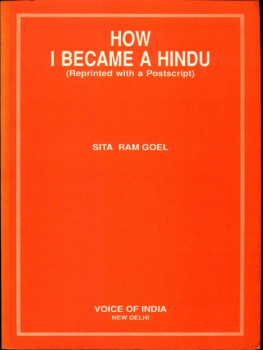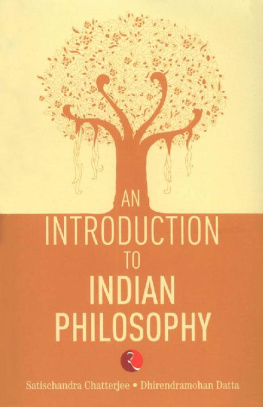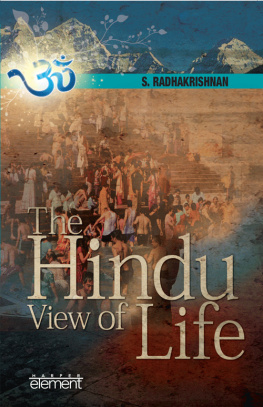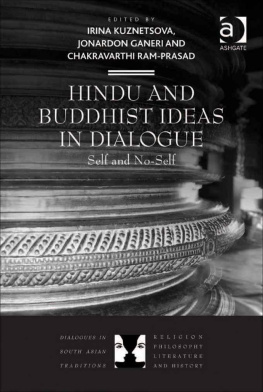John Davies - Hindu Philosophy
Here you can read online John Davies - Hindu Philosophy full text of the book (entire story) in english for free. Download pdf and epub, get meaning, cover and reviews about this ebook. year: 2016, publisher: Hansebooks, genre: Religion. Description of the work, (preface) as well as reviews are available. Best literature library LitArk.com created for fans of good reading and offers a wide selection of genres:
Romance novel
Science fiction
Adventure
Detective
Science
History
Home and family
Prose
Art
Politics
Computer
Non-fiction
Religion
Business
Children
Humor
Choose a favorite category and find really read worthwhile books. Enjoy immersion in the world of imagination, feel the emotions of the characters or learn something new for yourself, make an fascinating discovery.

- Book:Hindu Philosophy
- Author:
- Publisher:Hansebooks
- Genre:
- Year:2016
- Rating:5 / 5
- Favourites:Add to favourites
- Your mark:
- 100
- 1
- 2
- 3
- 4
- 5
Hindu Philosophy: summary, description and annotation
We offer to read an annotation, description, summary or preface (depends on what the author of the book "Hindu Philosophy" wrote himself). If you haven't found the necessary information about the book — write in the comments, we will try to find it.
John Davies: author's other books
Who wrote Hindu Philosophy? Find out the surname, the name of the author of the book and a list of all author's works by series.
Hindu Philosophy — read online for free the complete book (whole text) full work
Below is the text of the book, divided by pages. System saving the place of the last page read, allows you to conveniently read the book "Hindu Philosophy" online for free, without having to search again every time where you left off. Put a bookmark, and you can go to the page where you finished reading at any time.
Font size:
Interval:
Bookmark:


I | The Snkhya Aphorisms of Kapila |
James R Ballantyne | |
II | The Religions of India |
A Barth | |
III | The Ordinances of Manu |
Arthur Coke Burnell | |
IV | The Sarva-Darana-Sagraha |
E B Cowell and A E Gough | |
V | Yoga |
Surendranath Dasgupta | |
VI | Hindu Philosophy |
John Davies | |
VII | The Bhagavad Gt |
John Davies | |
VIII | A Classical Dictionary of Hindu Mythology and Religion, Geography, History and Literature |
John Dowson | |
IX | The Philosophy of the Upanishads and Ancient Indian Metaphysics |
Archibald Edward Gough | |
X | A Manual of Hindu Pantheism |
G A Jacob |

TRBNER & CO., LUDGATE HILL.
1881.




Font size:
Interval:
Bookmark:
Similar books «Hindu Philosophy»
Look at similar books to Hindu Philosophy. We have selected literature similar in name and meaning in the hope of providing readers with more options to find new, interesting, not yet read works.
Discussion, reviews of the book Hindu Philosophy and just readers' own opinions. Leave your comments, write what you think about the work, its meaning or the main characters. Specify what exactly you liked and what you didn't like, and why you think so.











